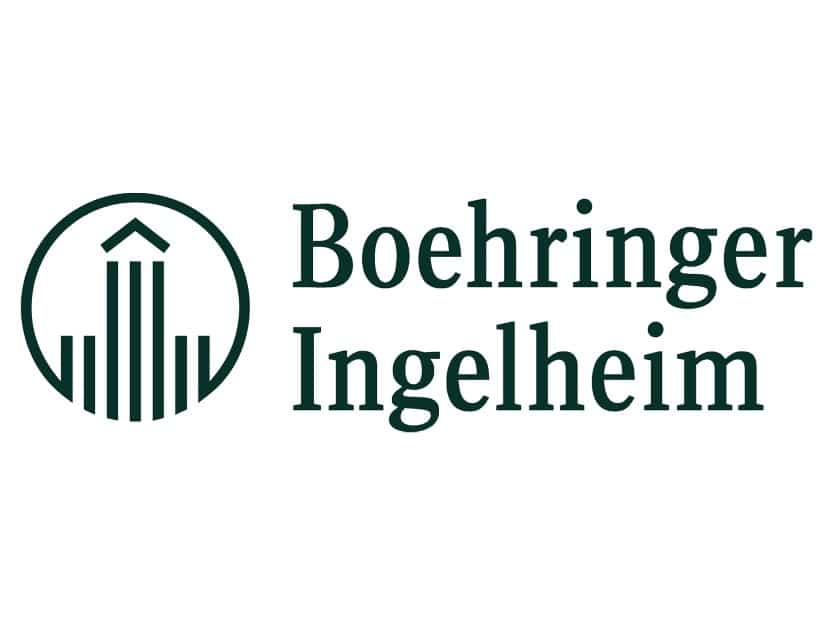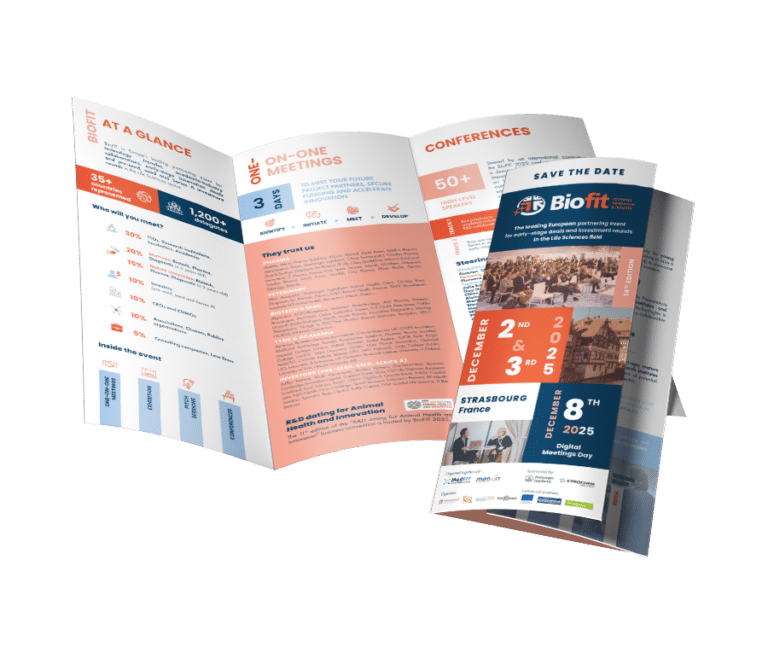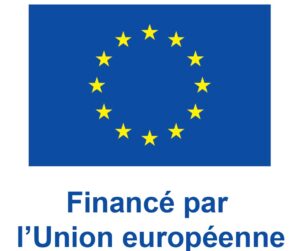Steered by its prestigious committee, the BioFIT conference programme is shaped to correspond to the interests of every player in the sector and to meet the expectations of its stakeholders, whose sharp minds operate in the fast-paced Life Sciences sector. The 2023 programme is rooted in four custom-made tracks, addressing the right funding sources for early-stage innovation, best practices in academia-industry R&D collaborations, winning ways to nurture early-stage assets and animal health highlights.
Look back at the 2022 conferences:
PLENARY SESSION
Biopharma industry has been facing uncertainties in 2023:
What is the impact for early-stage partnering and financing strategies?
The current economic and geopolitical contexts have been difficult for innovation around the world and life sciences are no exception. In a period of inflation, war, high energy prices and financial strains, investments have been shrinking. This session will explore the specific challenges facing the sector and strategies for making the most of the current reality to ensure that biotech innovation continues to be funded and thrive in a complex landscape.
What are the current key issues in the EU biotech ecosystem compared to the US, particularly with regard to drug pricing pressure? What has been the support of public and non-profit organisations to the sector? How has the reduced ability of funds to raise money impacted on the availability of capital in the short to medium term? To what extent does the decline in asset prices impact on the external innovation strategies of pharmaceutical companies? How does balancing the need for innovation with financial viability allow for broader sources of innovation and the structuring of new early-stage collaborations? What is the outlook for life sciences dealmaking in 2024?
Track 1 – Best practices in R&D collaborations
Fostering academia-industry partnerships is key to driving innovation in Life Sciences. Which sectors are prone to fuel collaborations? What are the elements to forgather to merge the scientific, academic, advocacy and industry spheres? How are the advances in specific fields influencing academia-pharma partnerships?
What are pharma companies’ expectations for pre-competitive research?
• • •
Evolution of collaborative practices in Biotech startups/Academia partnerships
• • •
Best practices for managing risk in early-stage
academia-industry collaborations
Track 2 – Nurturing and licensing early-stage assets
Early-stage assets evolve in an ecosystem where TTOs, scientists and entrepreneurs are closely connected. Understanding the mechanisms and difficulties in nurturing and licensing assets is key to properly influencing the valuation of these assets at an early stage. How can we transform science into business more frequently and efficiently?
Adding value to early-stage assets through partnering: What are the working models and how to valorise the partnerships?
• • •
From lab to start-up: Let’s hear about successful spin-out journey
• • •
How are tech transfer offices selecting the projects to back?
Track 3 – From pre-seed to Series A:
Accessing early-stage investment
This track aims to understand the mechanisms enforcing investors’ presence in early stages of development. Are we witnessing surges of investment in specific therapeutic areas? Who are the new players involved in investing in the biotech sector and what are their pre-requisites?
From Seed to Series A: What will spark investors’ interest in 2024?
• • •
Exploring the pharma-VC relationship:
How do they build complementary investment strategies?
• • •
What’s new in grant financing across Europe and how to prepare for it?
Track 4 – Animal Health Highlights
This track features the latest innovation challenges in animal health R&D and intends to provide a clear understanding of the bridges that can be built between human and animal health. International experts from veterinary research and industry will discuss the latest initiatives to improve and accelerate the development of new diagnostics, vaccines and pharmaceuticals for animal diseases and beyond.
Sourcing innovations from a more mature human health market to build assets and start-ups in animal health: How is this happening?
• • •
Project – CEO matchmaking
Having the right team is essential for the development of a biotech project or start-up. The Project – CEO matchmaking activity also offers a conference session to get inspired and explore the best ways to find the right talent for a successful project.
Biotech start-up governance: What makes a good foundation for a company to deliver and grow?
• • •
Continue your tour
Contact

Vincent Tavernier
- Business Development Manager
- vtavernier@eurasante.com
- +33 (0)3 28 55 90 69

















